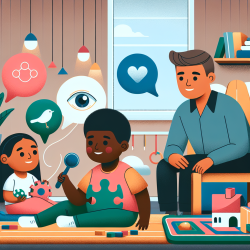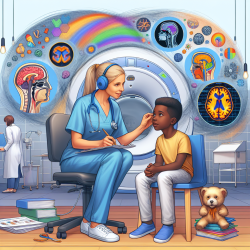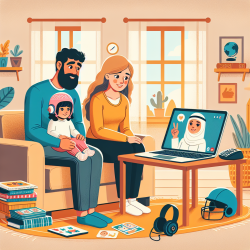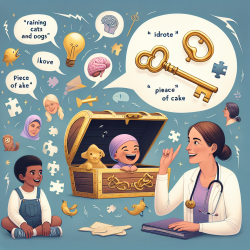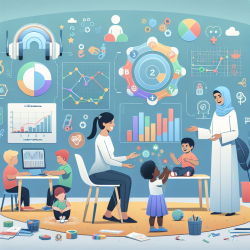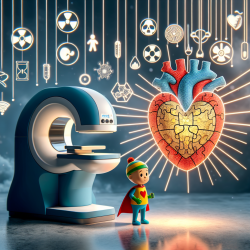In the realm of child psychotherapy, the power of play is an often-underestimated tool. The recent study "Psychotherapy with a 3-Year-Old Child: The Role of Play in the Unfolding Process" highlights the transformative impact that structured play can have on young children undergoing therapy. This blog aims to help practitioners implement the findings from this research to improve therapeutic outcomes for children.
The Role of Play in Psychotherapy
Play is not merely a leisure activity for children; it is a critical medium for expressing thoughts, emotions, and needs. According to the study, play facilitates the development of verbal communication and emotional regulation. Over a three-year period, a 3-year-old girl named Sarah showed significant improvements in her cognitive and emotional development through structured play and verbal interactions.
Key Findings
- Symbolic Play: The study found that symbolic play, where children use objects to represent something else, significantly increased over the therapy period. This type of play helps children understand and articulate their inner world.
- Verbal Production: Sarah's verbal production and discourse abilities progressively increased, taking the place of play as the primary mode of expression. This shift highlights the role of play in enhancing verbal skills.
- Emotional Expression: The frequency and quality of Sarah's emotional expressions improved. Initially, she exhibited more negative emotions, but as therapy progressed, she learned to manage and express these emotions more effectively.
Practical Applications for Practitioners
Based on these findings, practitioners can implement the following strategies to enhance their therapeutic interventions:
- Incorporate Symbolic Play: Use toys and objects that encourage symbolic play. This can help children articulate their thoughts and emotions more clearly.
- Monitor Verbal Development: Track the child's verbal production over time. Use structured play activities to facilitate verbal expression and gradually transition to more verbal interactions.
- Focus on Emotional Expression: Create a safe space for children to express their emotions. Use play as a medium to explore and manage both positive and negative emotions.
Encouraging Further Research
While this study provides valuable insights, it is essential to continue researching the role of play in child psychotherapy. Practitioners are encouraged to document their observations and share their findings to contribute to the growing body of knowledge in this field.
To read the original research paper, please follow this link: Psychotherapy with a 3-Year-Old Child: The Role of Play in the Unfolding Process.
